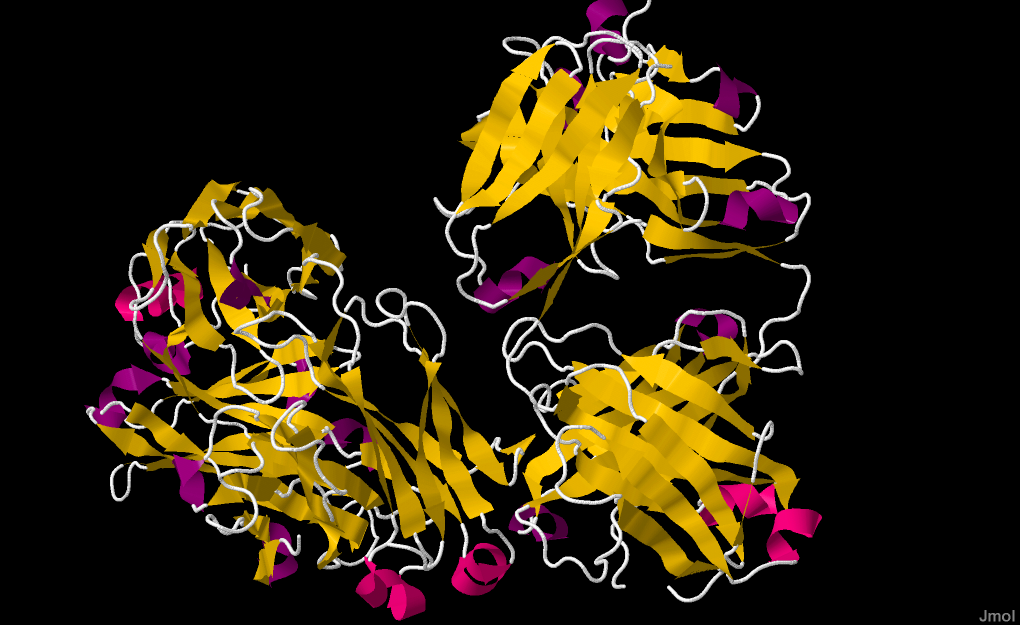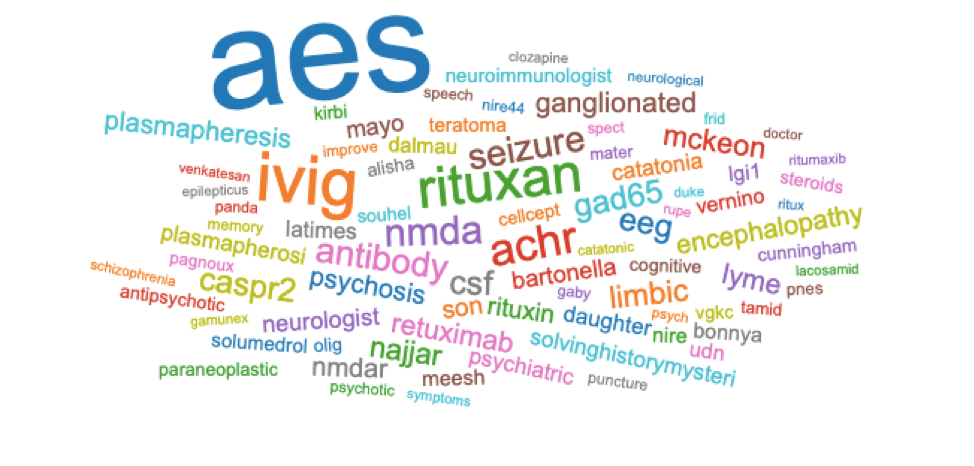Blog
Filter by
A study done at Texas Children’s Hospital looked at the use of Rituximab for young people and its short- or long-term adverse events, infections, or recovery time of B lymphocyte subset counts and immunoglobulin levels. The study led by Dr. McAtee involved patients younger than 21 years receiving Rituximab for more than 25 indications, including […]
Only a few more days till World Encephalitis Day! WED is a great day to raise awareness for AE. Take a photo of yourself wearing RED and post it to your social media with the #RED4WED on Monday, February 22nd. WED is also a great starting point for raising AE awareness all year round. Raising […]
We have had the pleasure of having Dr. Joe Lindley speak at our South Support Group meeting in January. Dr. Lindley is a holistic health practitioner who has been in practice for over 40 years. He is a chiropractor, acupuncturist, and applied kinesiologist who utilizes homeopathy, therapeutic nutrition, and mind-body balancing techniques with his patients. […]
We are looking for volunteers to help us manage our online Smart Patients AE community. All you need is a computer, an internet connection, and a passion for helping others affected by AE. The Smart Patients online AE community provides our AE community with a safe online platform to connect with others, from anywhere, at […]
For many AE patients and family members, time seems to stand still during the long hours spent in the hospital, infusion centers, traveling, or even at home while recovering. Listening to music is not only a great way to pass the time, but it can take you to a ‘different’ place, ease your mind and […]
Our online AE Smart Patients Community has undergone a make-over, making it even easier to search by topic and connect. You can join the community for free to share, interact, and learn from others affected by autoimmune encephalitis in a safe, supportive environment. We started working with Smart Patients in September 2018 to provide our […]
Our partner Euroimmun is organizing a great webinar that is open to all. The Euroimmun Academy is proud to present the upcoming “Neurology Webinar Series”. Join us on January 28th from 11-12:30pm EST for our first webinar exploring Autoimmune Encephalitis. For more information or to Register for this free virtual event please click here. This […]
Meet Lisa! (Video production by Jack Chipman, www.jchipman.com) On Saturday, March 6, 2021, AE Alliance will organize the 9th annual Florence Forth run/walk in Durham, NC and kick off the first virtual Florence Forth run! Will and Leslie McDow started the Florence Forth run’/walk to commemorate the day that their six-year-old daughter Florence died from […]
The 2020 year has been unprecedented in so many ways. Though this pandemic has wreaked havoc in all our lives, our AE community has experienced the disruptions in profound and tangible ways, from interruptions in treatment to implementing particularly stringent measures to protect fragile immune systems. In partnering with you through your journey with AE […]
Today is Thanksgiving, a holiday for the family to come together and give thanks. This year will be different as not all families will be able to reunite for the holidays due to COVID-19. This situation may apply to our AE community even more so, as many of you are on immunotherapy or just finishing […]









